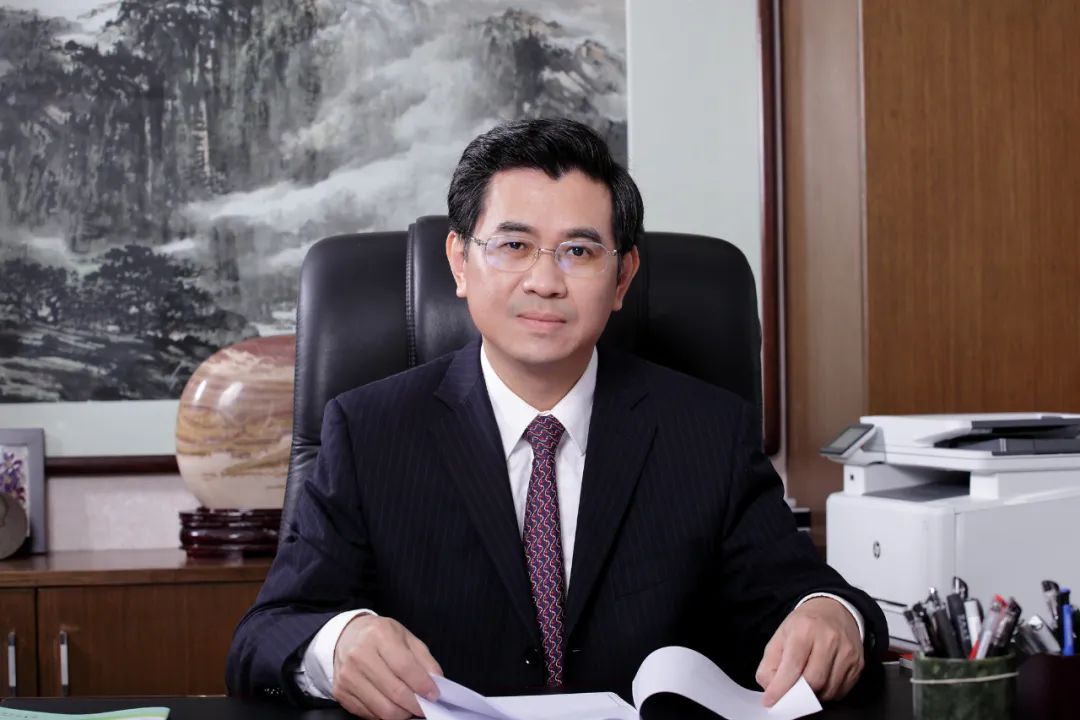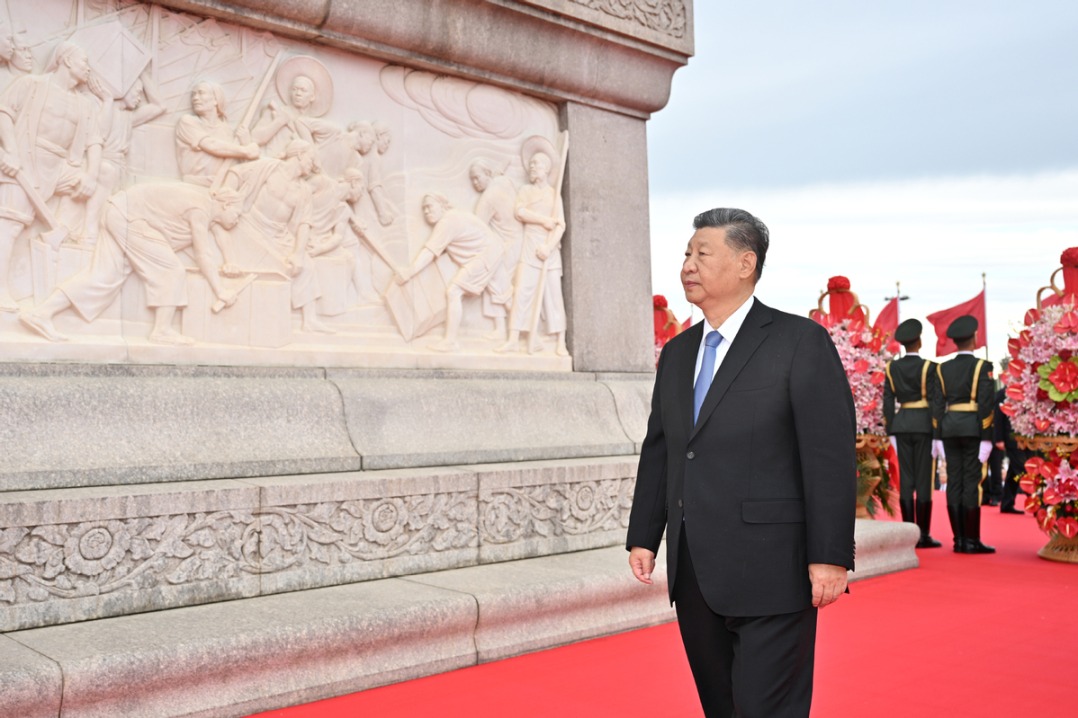Young talents key to science, tech innovation


China has been advocating the need for developing new productive forces in order to promote innovation and high-quality development. Scientific research is an innovative, complex and uncertain activity that requires large amounts of resource input.
To be sure, young science and technology talents are the driving force of research and innovation. And without continuous human, material and financial resources, it is difficult to achieve breakthroughs in the field of science and technology.
Young talents need more support
First, despite the above fact, young science and technology talents are in a disadvantaged position in resource competitions for a lack of sustained support. For example, in recent years, due to the rapid increase in the number of applicants, the average funding rate for the National Natural Science Foundation's Young Scientists Fund has decreased.
The support and coverage of the basic research funds for central universities for young science and technology talents need to be further improved. And while there are few opportunities to take the lead in major, key projects and research platforms, the opportunities for young talents to take on major responsibilities are also few.
Second, there is a need to improve the academic environment for young science and technology talents. Some young talents have to do a large amount of non-research and teaching-related work, which consumes a lot of their time and energy, leaving them with less time to engage in genuine research, making it difficult for them to produce original, high-quality results.
Additionally, the allowance or salary, and resource allocation for young talents who have not obtained certain titles are relatively low. As a result, some young talents end up spending a lot of their precious time and energy in the pursuit of these titles, such as networking with and unnecessarily "paying respect to their seniors", making it difficult for them to focus on research.
Third, there is not enough administrative capacity for the development of young talents. To conduct serious and focused research, young talents need to engage in a great amount of preparatory work including applying for funds, procuring equipment and adding to laboratory paraphernalia. Each of these procedures requires support from the employing institutions, which is apparently in severe shortage.
Fourth, a comprehensive evaluation mechanism that encourages young talents to take up challenging research is yet to be established. For example, an increasing number of universities are implementing a pre-employment or tenured employment system for young researchers. If a young talent doesn't have enough published papers or projects, he or she may fail to get promoted as an associate professor and cannot renew contracts.
Finally, most young talents still struggle to make ends meet and thus cannot fully concentrate on research. Although young talents can meet their basic living needs from the salaries they get, only "high-end talents" who have obtained certain titles or published papers are paid decent salaries. The rest still face significant livelihood and other pressure — for example in buying or renting a house and paying for their children's education.
A problem-solving approach to boost capability of talents
To address these problems, it is necessary to focus on national strategic needs, adopt a problem-solving approach, and build a comprehensive, systematic institutional system to boost the independent capability of young talents.
In the new era, the focus should be on attracting talents from all over the world and systematically mobilizing them to build a strong country and achieve national rejuvenation.
Amid the increasingly fierce global competition in the field of science and technology, the flow of intellectual capital has accelerated. So to win the international talent competition, it is necessary to adopt a more open approach to attracting and using overseas talents, and to set up an overseas talent introduction system to meet the needs of the country.
Besides, the focus should be on building a strategic independent talent training system to boost the independent and controllable innovation capability of talents. In this regard, it is necessary to establish a mechanism for discovering young talents using big data, artificial intelligence and other information technology tools, and prepare a comprehensive list of potential talents based on their education background, work experience, teaching and research achievements, competency, development potential, teamwork and leadership.
The idea is to give young talents the option of choosing their research direction or path, providing them with adequate resource support, and helping them participate in global scientific and technological competitions to test and cultivate their research and innovation capability.
This may require the further deepening of reforms and implementing new concepts, policies and measures for talents, including boosting long-term support for young science and technology talents, granting higher amounts for research projects at all levels, offering sustained support for young talents, implementing a "lump sum" funding management model for certain projects, and improving the "leading by competition" system for research projects.
It is also necessary to provide one-stop services for young science and technology talents. The document, issued by the Ministry of Science and Technology and other departments in 2022, to reduce the burden on young scientific researchers proposed to solve the prominent problems faced by young researchers by, among other things, increasing the opportunities for emerging talents, widening the channels for growth, conducting fewer and honest evaluations, and easing their administrative burdens. This will stimulate young talents' innovative potential and allow them to focus their attention on research.
As for universities and research institutions, they should loosen the reins on young talents, and provide them with the needed services and support including start-up funding to redress their grievances and meet their genuine needs.
Improving the evaluation and incentive system for young talents is also necessary. The evaluation process for young talents engaged in applied research should focus on their research and development capabilities, and industrial application of their research results. To retain talents, for instance, measures should be taken to provide them with a more relaxed research environment.
In order to ensure young talents realize their full potential, the authorities need to build a mechanism that values innovations and outstanding research work through actions such as promotions and salary increments, so as to allow young talents in the early stages of their careers to not worry about livelihood issues and concentrate on their research, better tap their potential and serve the country.
The author is secretary of the Party Committee of Jinan University in Guangzhou, Guangdong province. The views don't necessarily reflect those of China Daily.
If you have a specific expertise, or would like to share your thought about our stories, then send us your writings at opinion@chinadaily.com.cn, and comment@chinadaily.com.cn.
































